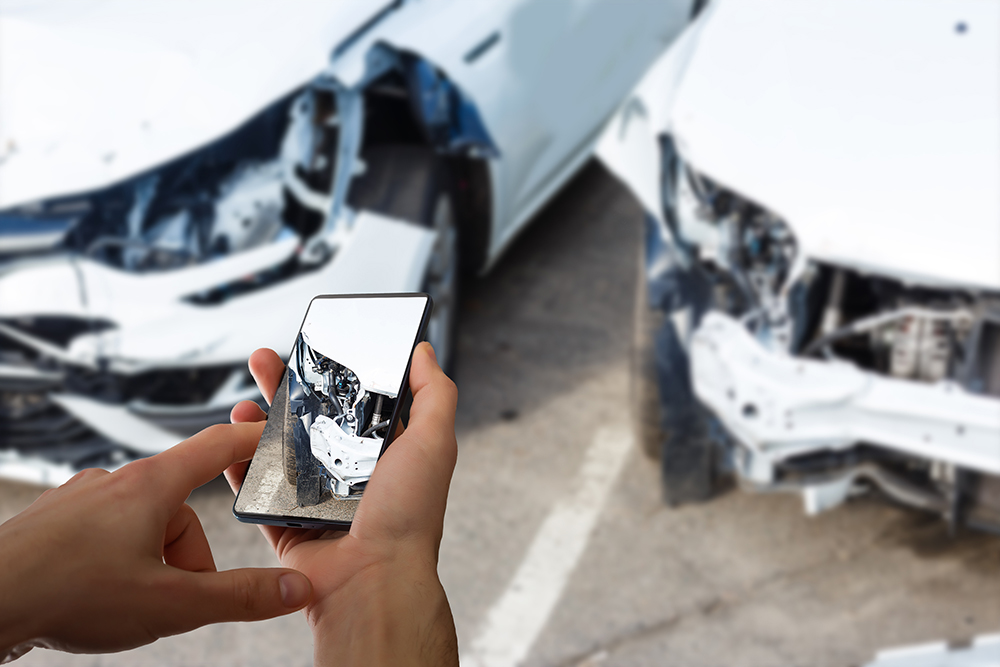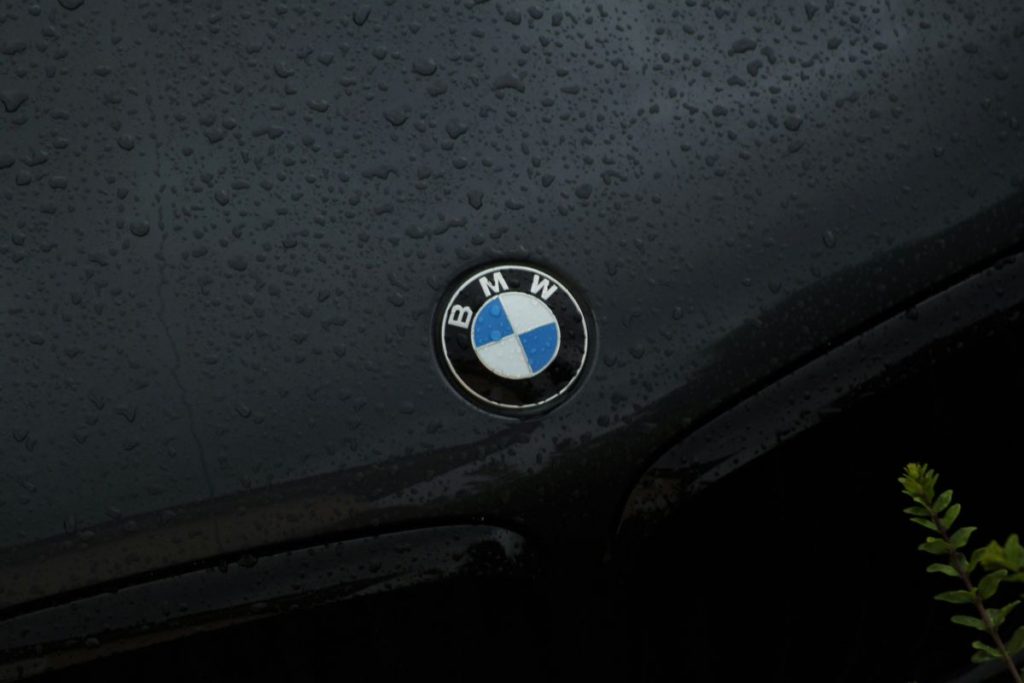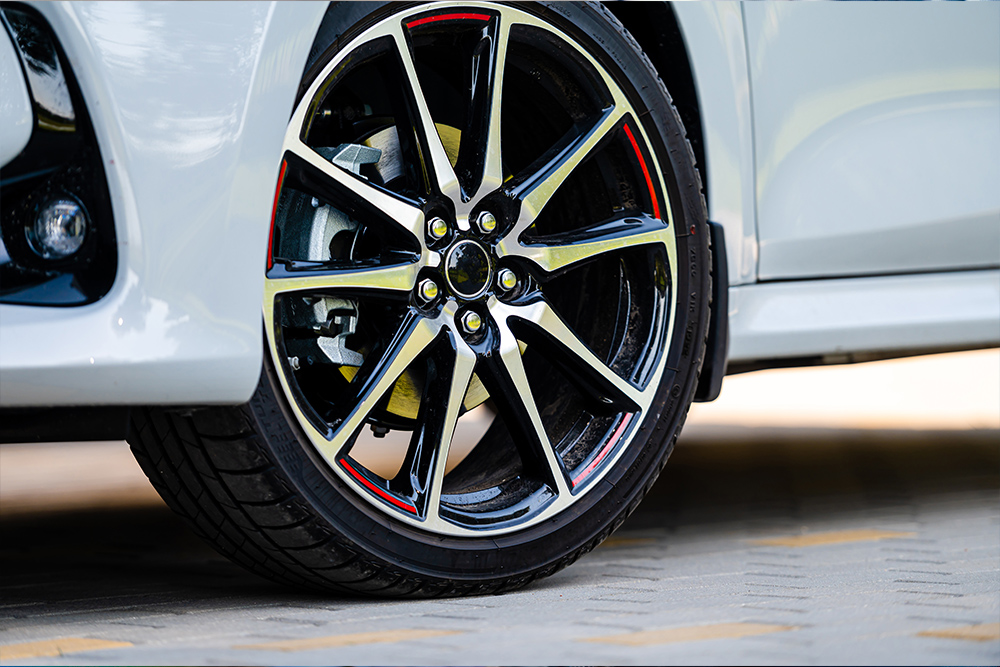
Junk Title and Salvage Title: What's the Difference?
ith
When navigating the world of car titles, terms like “junk” and “salvage” can be quite perplexing. These titles usually pertain to vehicles that have incurred substantial damage, but they represent distinct classifications. Let’s delve into the distinction between junk titles and salvage titles.
Salvage titles are typically associated with vehicles that have suffered damage amounting to 50% to 90% of their original value, leading them to be deemed a total loss by the insurer. This threshold can fluctuate based on local regulations. The cause of damage could range from accidents and natural disasters to theft.
Insurance companies often classify a vehicle as a total loss, compensate the owner with the actual cash value of the vehicle, and then take ownership of the damaged car. These insurers usually sell the vehicle at salvage auctions to recoup some of their investment. Depending on the laws of the jurisdiction, if these vehicles are purchased and repaired to a drivable state, they may be rebranded as salvage vehicles.
This indicates that vehicles with salvage titles can be acquired, traded, and potentially restored to drivable condition. Nevertheless, the “salvage” marking on their titles will always remain, affecting their resale value and insurability. It’s worth noting that due to their history of extensive damage, these vehicles might have latent issues that aren’t immediately visible, even post-repair.
In contrast, a junk title, also referred to as a scrap title, pertains to vehicles that are considered unfit for the road. These are vehicles that have suffered such extreme damage or deterioration that they only hold value for the parts that can be repurposed or recycled. The severity of damage required for a vehicle to be categorized as “junk” is typically greater than that for a salvage title.
Once a vehicle is assigned a junk title, it generally signifies the end of its journey. Such a vehicle can’t be registered, traded for road use, or driven. A junk vehicle’s primary purpose is to be dismantled for parts or sold as scrap metal. However, a vehicle with a junk title could potentially be restored and scrutinized for roadworthiness. If it passes the assessment, it may be granted a rebuilt title, albeit through a complex and stringent process.
The main difference between the two titles lies in their future prospects and intended purpose. A salvage-titled car, despite suffering considerable damage, has the potential to be repaired and maybe driven again, albeit with a permanent salvage branding on its title. On the other hand, a junk-titled car is deemed beyond repair for regular use and is destined to be used for parts or sold as scrap metal.
It’s also worth mentioning that different areas have distinct regulations and definitions. What might be classified as a junk vehicle in one place could be considered salvage in another.
Whether a car carries a salvage or junk title, any prospective buyer should be well aware of the car’s history and should consider getting a detailed inspection conducted by a reliable mechanic before making a purchase. For sellers, it’s essential to understand how these titles could impact the worth of your vehicle.














